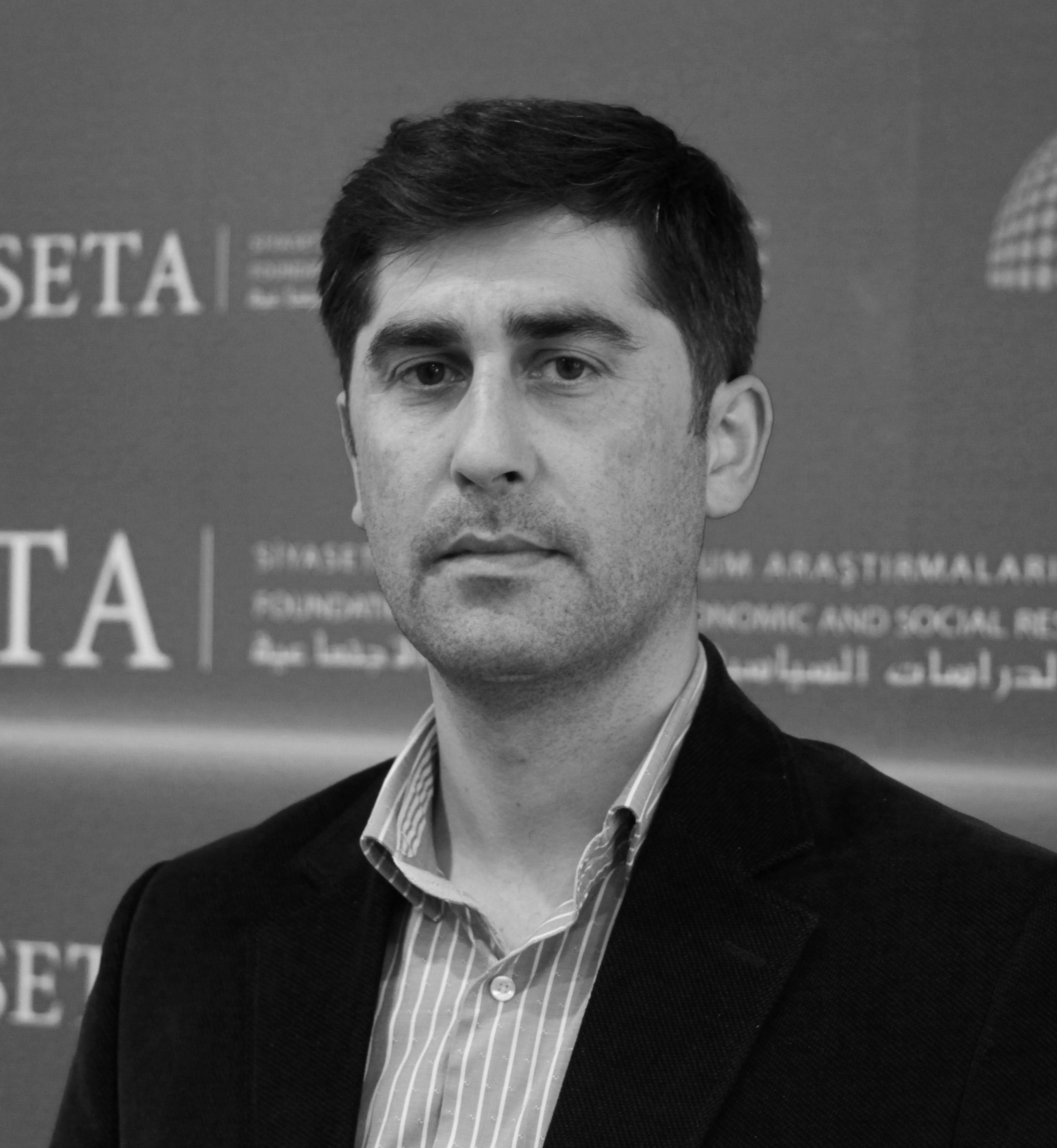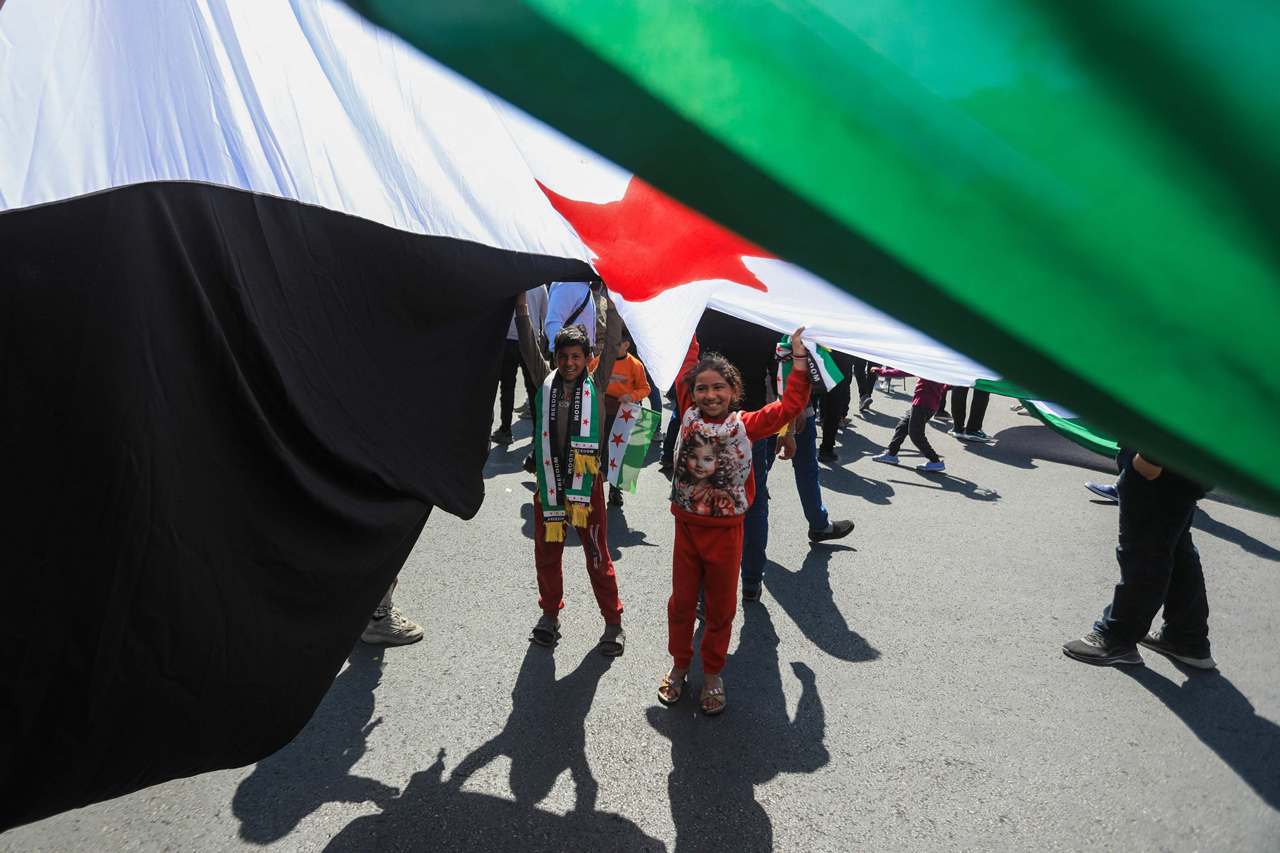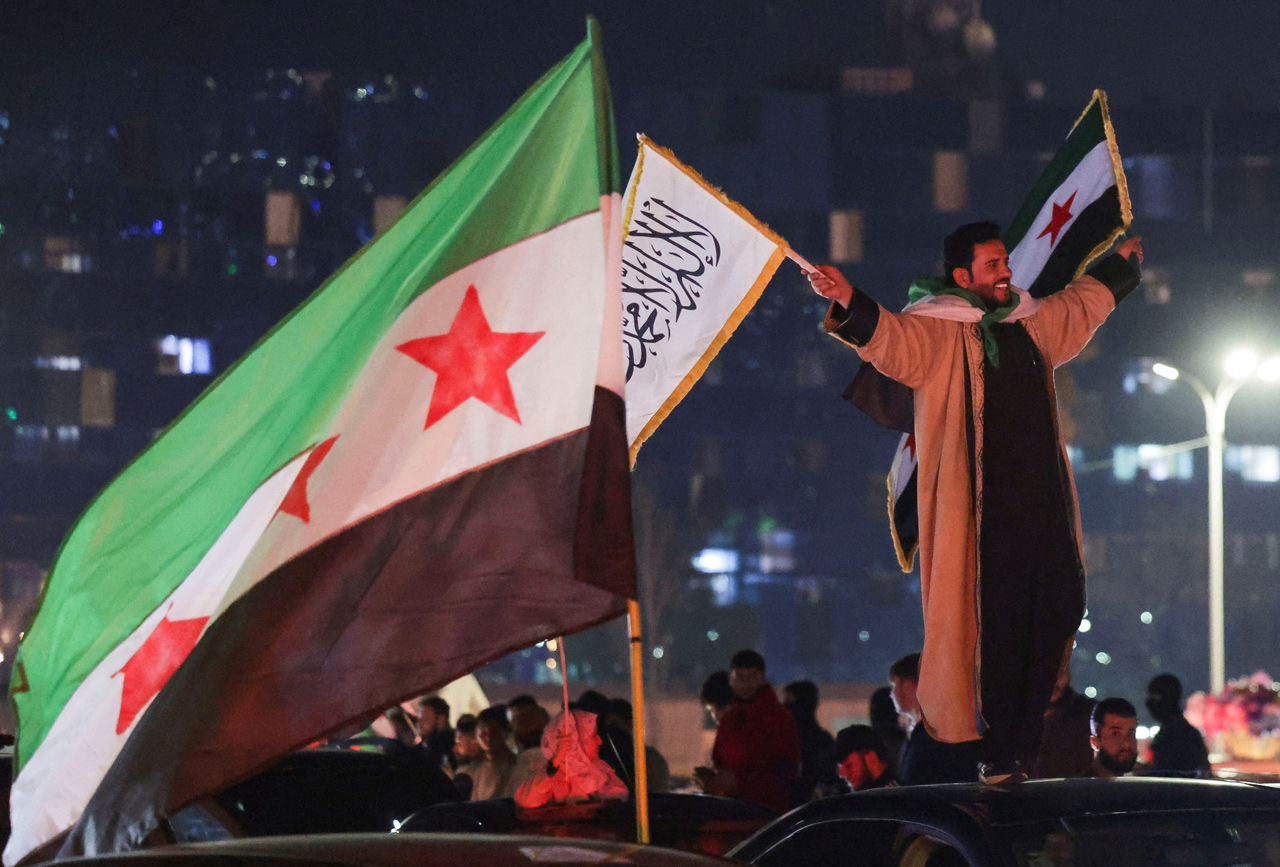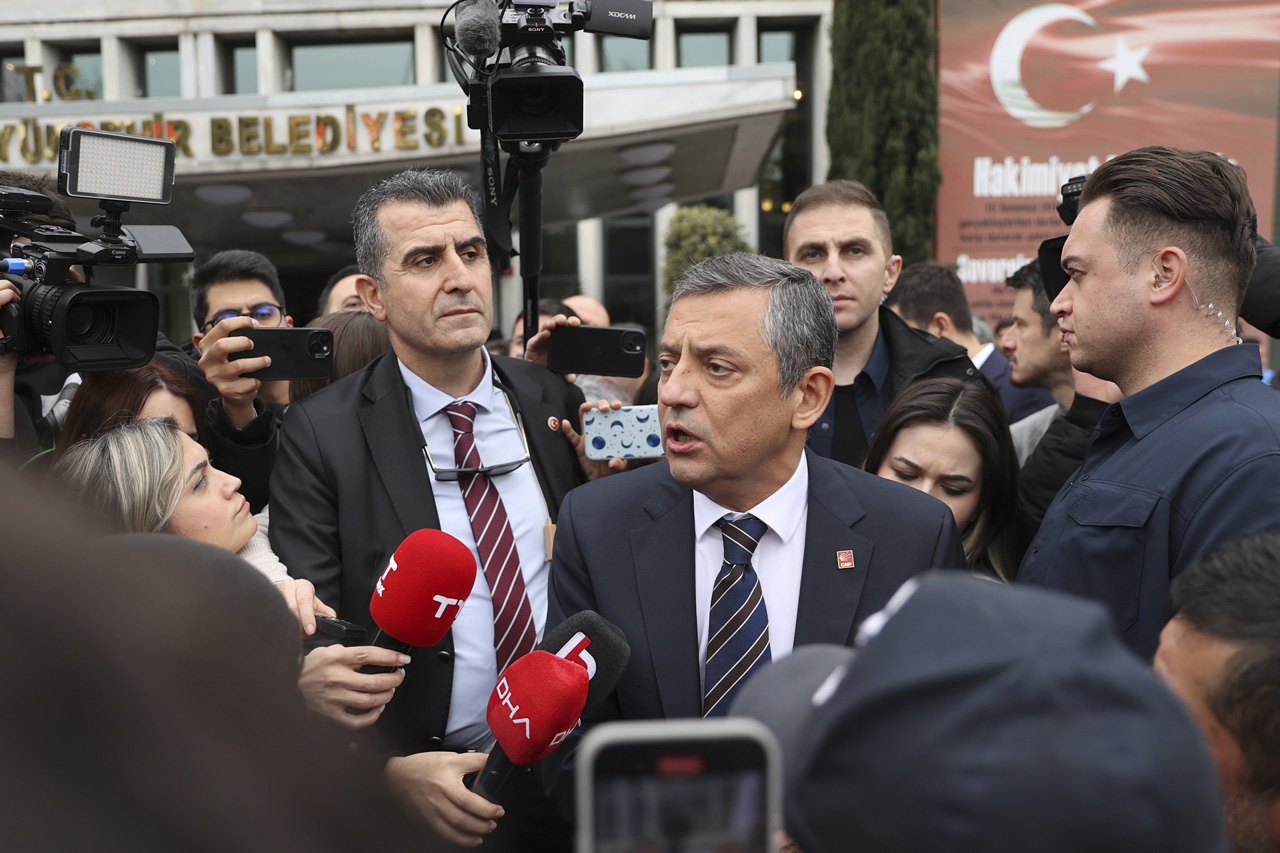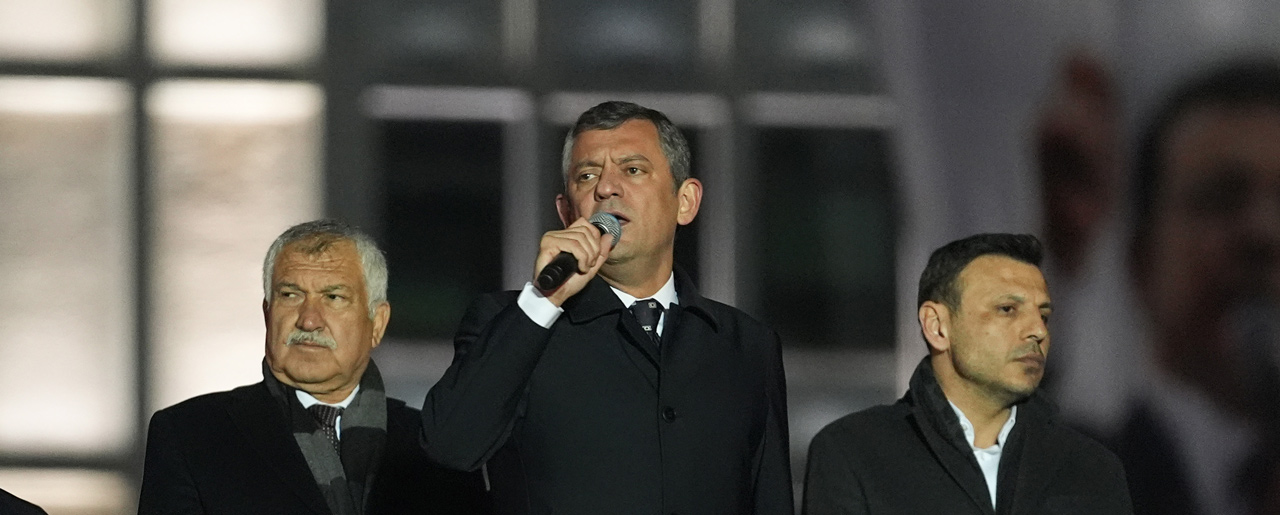The Ukraine conflict, characterized by a military stalemate, highlights the disconnection between operational military actions and the broader strategic landscape. The resolution of this conflict, particularly in Ukraine’s favor, hinges on external support, such as the U.S. Congress’s approval of financial and defense aid. In a scenario where Trump wins the upcoming U.S. presidential election, Europe’s ability to continue supporting Ukraine independently could be jeopardized. Türkiye’s role, evident since the war’s outset, is crucial for Europe’s security architecture, whether in supporting Ukraine against Russia or in facilitating dialogue to ease tensions with Russia. The future of Türkiye-Europe relations, amidst rising far-right ideologies and strategic myopia in Europe, will significantly impact the region’s geopolitical landscape. The 2024 European Parliament elections could prove pivotal in shaping these relations, requiring a new model of strategic communication and cooperation that aligns with emerging geopolitical realities.? SETA Security Radar | Türkiye’s Geopolitical Landscape in 2024
? You can review the study or download the full PDF version (106 pages | 9.75 MB) for free ? https://t.co/AuwLuqBM2p #Türkiye ?? @muratyesiltas , Bilgehan Öztürk, @Gloria_Shkurti @dr_murat_aslan @KGKutluhan… pic.twitter.com/MDWSgttgYi — SETA (@setavakfi) December 28, 2023
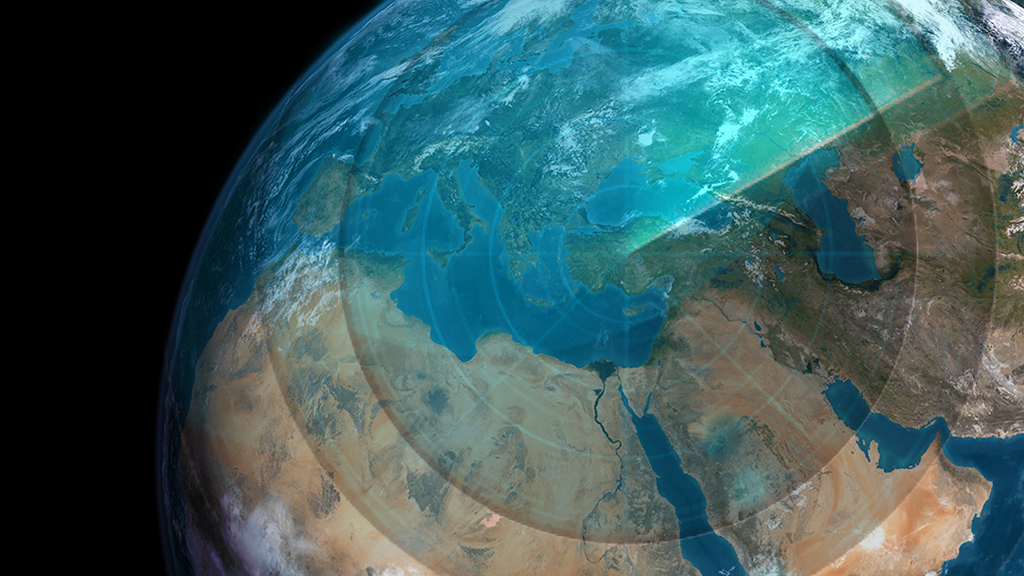
SETA Security Radar: Türkiye’s international and regional agenda
The current international landscape is experiencing a profound transformation, marked by escalating crises and increasing globalization of conflicts. Amidst intensifying global and regional competition and growing uncertainties, we find ourselves in an era of widespread anxiety. Predicting the future in such times is a formidable challenge, yet it’s crucial to envision what the world of tomorrow might resemble. Addressing today’s challenges requires both study and foresight. "SETA Security RADAR: Türkiye’s Geopolitical Landscape in 2024" aims to project the future trajectory of Türkish foreign, security, and defense policies in light of current dynamics.
Share
The current international landscape is experiencing a profound transformation, marked by escalating crises and increasing globalization of conflicts. Amidst intensifying global and regional competition and growing uncertainties, we find ourselves in an era of widespread anxiety. Predicting the future in such times is a formidable challenge, yet it’s crucial to envision what the world of tomorrow might resemble. Addressing today’s challenges requires both study and foresight. "SETA Security RADAR: Türkiye’s Geopolitical Landscape in 2024" aims to project the future trajectory of Türkish foreign, security, and defense policies in light of current dynamics.
https://www.setav.org/en/seta-security-radar-turkiyes-geopolitical-landscape-in-2024/
The year 2023 witnessed numerous unexpected events and strategic shifts in the international system, hinting at more significant changes in the upcoming year. As Burhanettin Duran has mentioned in his opening speech at the SETA’s conference, key elections in major countries like the U.S., Russia, India, the U.K., Taiwan, and Bangladesh are set to impact global dynamics substantially, potentially leading to geopolitical shifts. These elections are particularly notable given the vast population they represent and their potential to influence existing international and geopolitical polarization.
Conflicts beyond regions
In 2023, conflicts such as the Ukrainian war, the Taiwan situation, Iran’s nuclear program, and the Israeli-Palestinian issue played significant roles in shaping international dynamics. The balance of power and capabilities of global players are increasingly scrutinized, with no clear indication of when the global system will stabilize. The challenges to the U.S. global supremacy and China’s ascent indicate possible shifts in global and regional power dynamics.
Tags »
Related Articles
